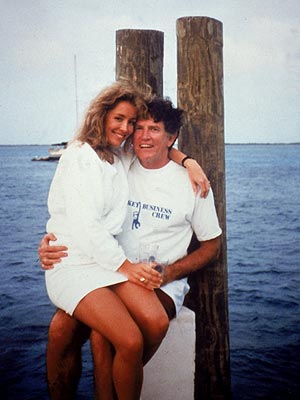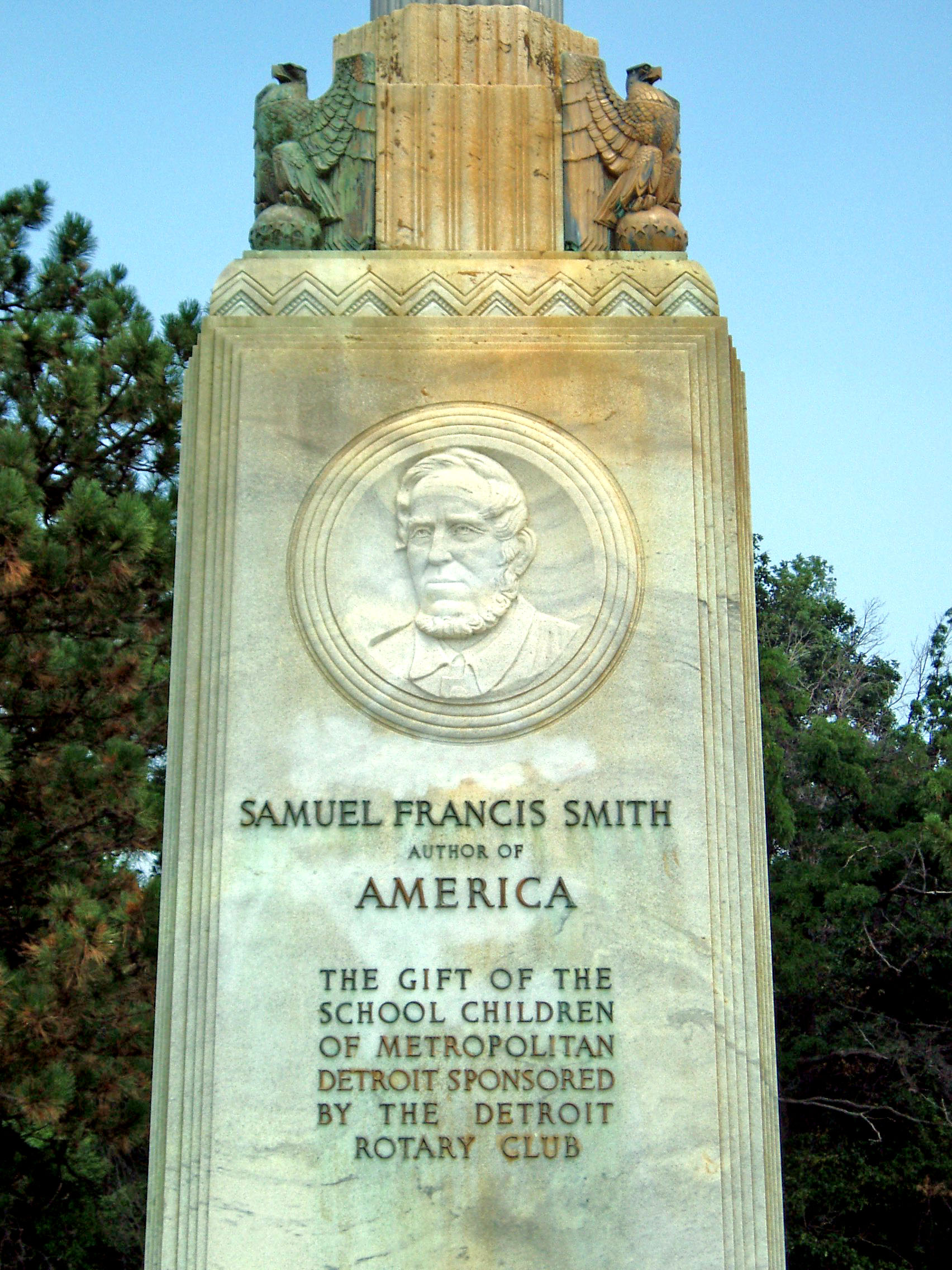"I'm Virgil Flowers, with the BCA, up here to arrest your bomber."
Both deputies frowned, as though they suspected they were being put on. "You got an ID?" the woman asked. She was a redhead, with freckles, and a narrow, almost-cute diastema between her two front teeth. . . .
"I do, in my truck, if you want to see it," Virgil said. "Though to tell you the truth, I thought I was so famous I didn't need it."
From his 2011 novel, Shock Wave. "Diastema" is the term applied to a space between two teeth -- in humans, it's usually the upper front teeth. (More about diastema -- which the French refer to as dents du bonheur, or "lucky teeth" -- below.)
John Sandford is the pseudonym of Pulitzer Prize-winning journalist John Roswell Camp, who has written some 30 novels since leaving the Saint Paul Pioneer Press in 1989.
Most of those novels (the "Prey" series) feature Lucas Davenport, one of the all-time great fictional detective characters. Davenport is an ex-college hockey player who works for the state Bureau of Criminal Apprehension, drives a Porsche (he made a small fortune creating roleplaying games and police training software), is happily married to a maxillofacial surgeon (he was a bit of a playboy before their wedding, of course), knows how to manipulate the press, is a bit of a gun freak, and dresses very fashionably. (His wife is appalled one night when he and a male friend have a long conversation about different Italian suit designers.) One more thing -- Davenport generally plays by the rules, but he'll bend them when necessary to bring down a bad guy.
Shock Wave is the fifth book in a newer series about a Davenport sidekick, Virgil Flowers, a long-haired, thrice-divorced, fishing fanatic who wears jeans and rock-and-roll T-shirts. Virgil usually has an affair or two per book -- he's a pretty irresistible guy -- and he also does what has to be done to bring down bad guys.
Sandford's books are full of subtly humorous touches that make them a delight to read. The plots are solid, well-paced and with just the right number of surprises. But it's the characters, their relationships, and Sandford's deft touch with dialogue that are the secrets to the success of these two series.
Both Davenport and Flowers are relatively realistic and normal characters, not comic-book figures or eccentric oddballs. They don't have drinking problems, and aren't tortured by dark secrets from their past -- they're essentially well-adjusted guys with healthy libidos and just the right amount of swagger.
I think a lot of women would enjoy Sandford's books, but they are really books for guys.
Popular folklore holds that women with a gap between their front teeth are lustful. In Chaucer's Canterbury Tales, the Wife of Bath -- who described herself as "a lusty one" -- was gap-toothed. Virgil Flowers may be about to get lucky with that female deputy.
 |
| Model Lara Stone, diastema sufferer |























